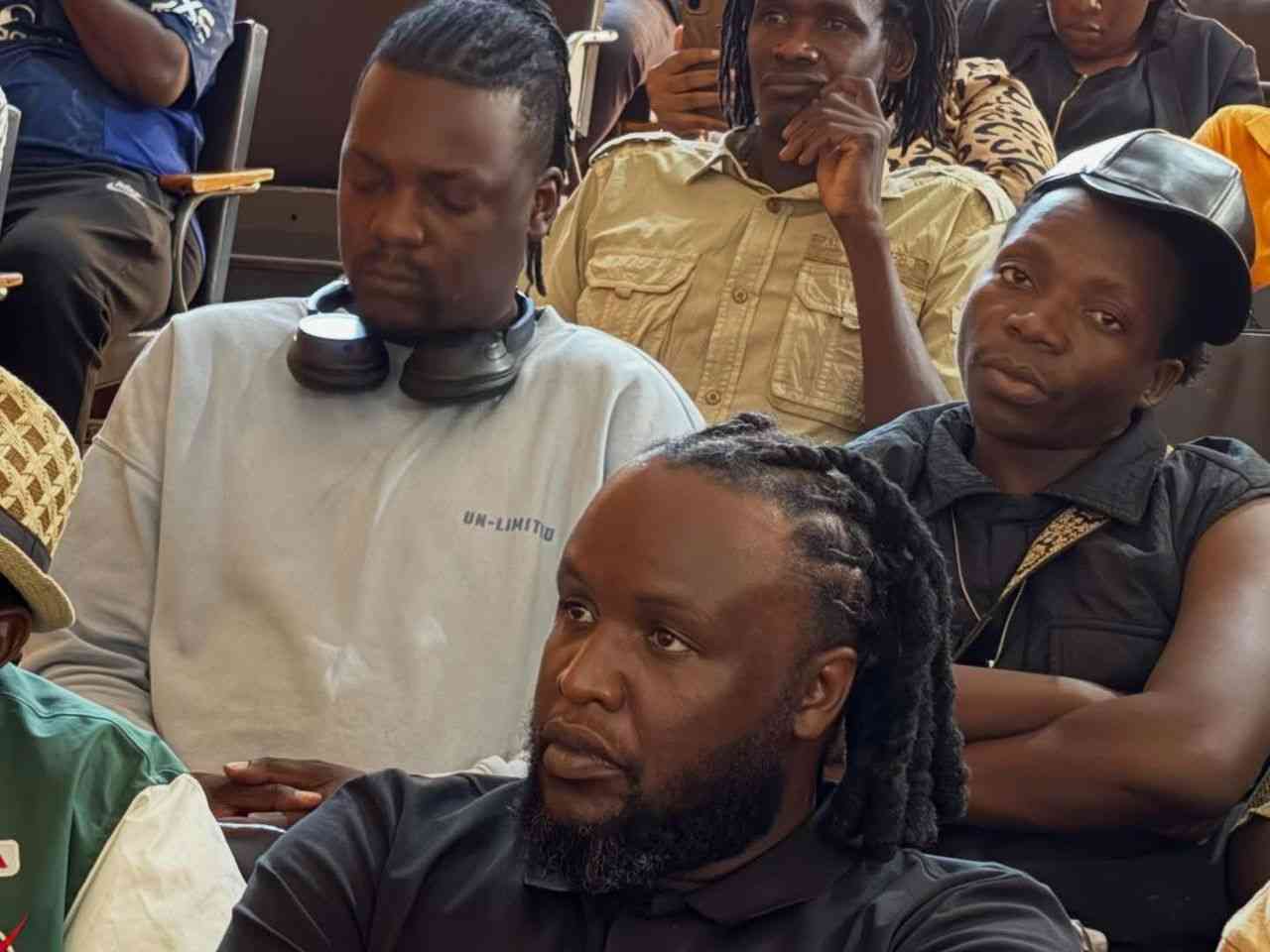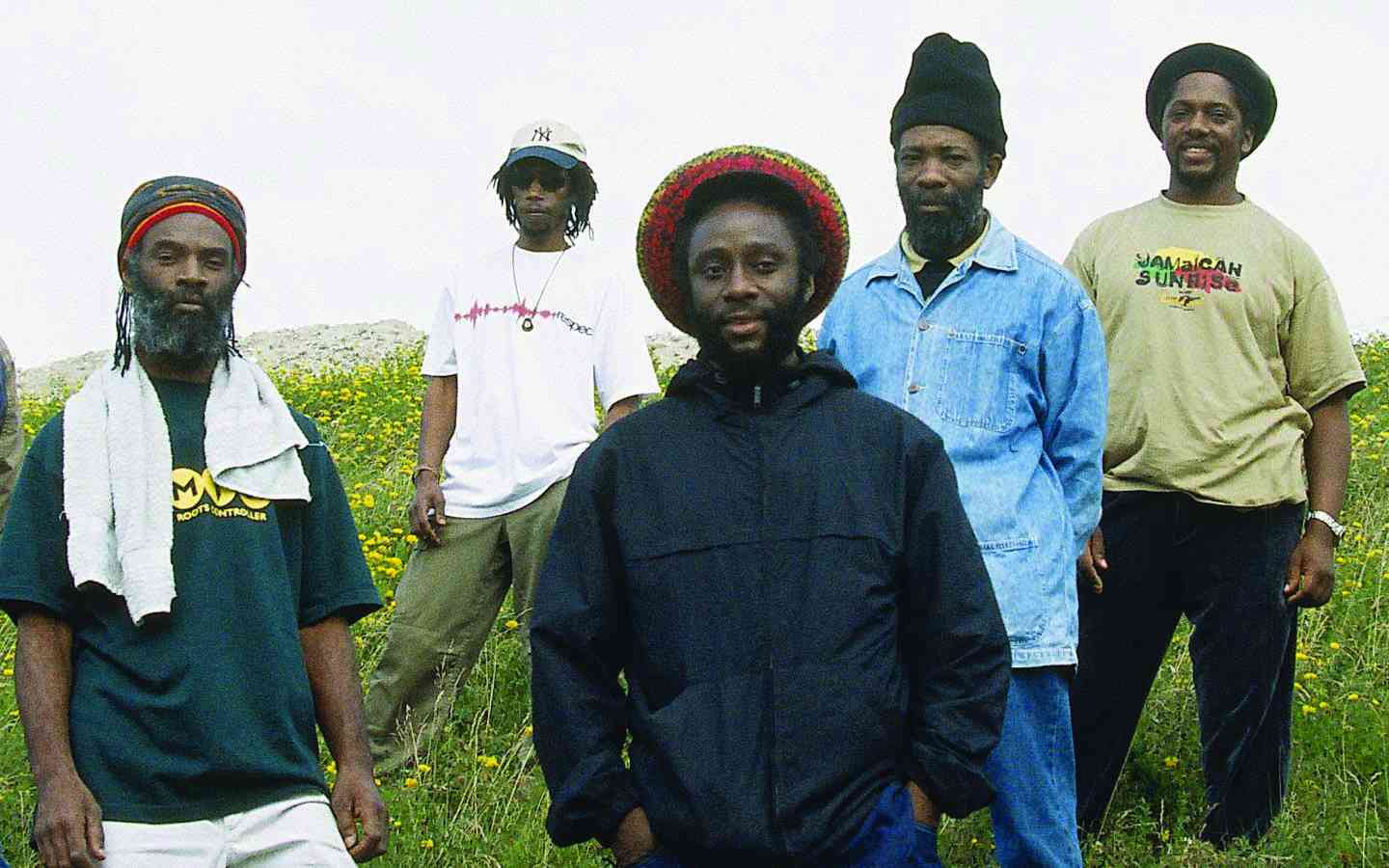
Fred Zindi A big-headed person exhibits behaviour that shows that they think that they are more important or intelligent than others. This is how expressions like “You are too big for your boots” or “A cut above others” and “Throwing your weight around”, have come about. Basically a big-headed person is an arrogant, egoistic, pompous and patronising human being. Some artistes who think that they have reached the top of the world may start to get big-headed out of ignorance as they fail to control their emotions.
To some, a simple thing by an artiste, like being on an aeroplane is a dream come true. Something to brag about in the ghetto where most kids have never had that experience.
There are many such artistes in Zimbabwe.
In 1987, on their first tour of the United Kingdom, the Bhundu Boys had their first gig at the Africa Centre in London. The show was poorly organised and very few people had heard of the Bhundu Boys.
So, it was poorly attended to the extent that the Boys could not raise enough cash to accommodate themselves in a cheap bed and breakfast lodge.
Gordon Muir, who was their manager had a house in Harwich, Scotland which was some 650km away. They did not know what to do after the gig had flopped. I offered them a place to crash for the night in my two bedroomed flat. Rise Kagona, Kenny Chitsvatsva, Shakey Kangwena and David Mankaba came to my flat and spent the night. Biggie Tembo, the driving force behind the Bhundu Boys, shouted at Gordon and his partner, Doug Veitch.
“I am not sleeping in someone’s house. I want a five-star hotel room. If you guys cannot afford that, take me back to Zimbabwe,” Tembo said.
We tried to persuade him not to be big-headed but in vain. He eventually agreed to go and sleep at a bed and breakfast lodge in King’s Cross. That was not all. The next day, the band was scheduled to perform at the Round House in Camden Town and before the Bhundu Boys went on stage, I introduced Biggie to two Jamaican girls, Sonia and Beverley.
- Chamisa under fire over US$120K donation
- Mavhunga puts DeMbare into Chibuku quarterfinals
- Pension funds bet on Cabora Bassa oilfields
- Councils defy govt fire tender directive
Keep Reading
He said to them: “Why don’t you guys speak Shona? After all You are Black?”
I was embarrassed. I said to Biggie: “Shona is only one language spoken by Zimbabweans. Not all Zimbabweans in the country do speak it either. These girls have never been to Africa, let alone Zimbabwe. They are therefore unable to speak the language”.
“Well, teach them”, were Tembo’s last remarks before he went on stage.
I followed the Bhundu Boys for a while with Biggie Tembo in particular, on my mind. Their gigs rose from two a week to five and they began to travel to different countries. As their reputation grew bigger, Tembo’s behaviour became unpredictable. While on stage, he would call upon his mainly white audiences to ululate when he shouted “mhururu-mhururu”. They obliged. He said to me one day, “To think that these are the same people who used to kick me when I worked for them as a gardener in Chinhoyi! Now they are following my commands. It’s impossible.” Tembo began to grow a big ego. He became superior to everyone including his white manager, Gordon Muir. Tembo began to also think that he was bigger than the band. In 1989, he decided to leave the band and according to Muir, his last words were: “I quit. F**k the lot of you”. He then went on to physically attack Muir accusing him of stealing the band’s money.
His arrogance even stretched to Zimbabwe where he would not talk to ‘ordinary’ people as he was now a superstar.
That is only one experience of big-headedness of one music artiste. There are hundreds more who behave this way. A plane ride to the UK is enough to change one’s life especially among those artistes who come from humble beginnings. They start to throw their weight around wanting everybody to know that they have been on the plane. Sounds silly, but it’s true.
Some of them see the videos of American superstars like Michael Jackson and start to think that they are on the same level. What they do not know is that Jackson sold millions of records throughout the world and had the finance to do what he liked. They start to hire bodyguards and have fancy clothes designed for them when they do not have the financial means to do so.
That kind of imagination forces them to become pompous, arrogant and egoistic. They start thinking that they are a cut above others.
It is not only Zimbabwean artistes who behave in this manner.
Way back in March 1966, John Lennon of the Beatles fame in an interview made a remark in which he proclaimed:
“We are more popular than Jesus”.
He argued that the public were more infatuated with the band than with Jesus, and that Christian faith was declining to the extent that it might be outlasted by rock music.
His opinions drew no controversy when originally published in the London newspaperThe Evening Standard, but drew angry reactions from Christian communities when republished in the United States that July.
“Christianity will go. It will vanish and shrink. I needn’t argue about that; I’m right and I’ll be proved right. We’re more popular than Jesus now; I don’t know which will go first — rock ‘n’ roll or Christianity. Jesus was all right but his disciples were thick and ordinary. It’s them twisting it that ruins it for me,” he was quoted as saying.
Lennon’s comments incited protests and threats, particularly in the Southern United States. Some radio stations stopped playing Beatles songs, Beatles records were publicly burned, press conferences were cancelled, and the Ku Klux Klan, a white right wing group, picketed Beatles’concerts.
The controversy coincided with the band’s 1966 US tour and overshadowed press coverage of their newest album Revolver. Lennon apologised at a series of press conferences and explained that he was not comparing himself to Christ.
The controversy exacerbated the band’s unhappiness with touring, which they never undertook again; Lennon also refrained from touring in his solo career. In 1980, he was murdered by a Christian fan of the Beatles, Mark David Chapman, who later stated that Lennon’s quote was a motivating factor in the killing.
Indeed John Lennon’s arrogance where he made the statement in which he showed an elevated sense of self-worth, led to his death.
Arrogance can be defined as the personality trait whereby a person has an obnoxiously elevated sense of self-worth. An arrogant person is the one who acts as if they’re superior, more worthy, and more important than others. Therefore, they tend to disrespect and put others down.
At the same time, they want admiration and respect from others. They want to be appreciated for the great things they’ve done and for their special qualities and abilities.In many cases, a person becomes arrogant when they achieve things their peers couldn’t achieve.
Doing something extraordinary that no one else could do gives a tremendous boost to one’s self-worth.
Know that just because you did something great doesn’t mean you’re a superhuman. You have some weak points too, and you know it. Know that others aren’t less worthy just because they never did what you could do.
The late Oliver Mtukudzi was known for his humility. He was not obsessed with his own importance and he always lowered himself and his estimate to both his friends and fans. He understood the struggles of ordinary people.
Tuku was a humble man throughout his lifetime. Instead of avoiding his fans from stopping him in the streets as most music superstars do, he would go to where the crowds were to mix and mingle with them and have conversations.
A lot of people attribute this humility to maturity. Having grown up suffering like many musicians in Zimbabwe, his superstar status came at a much later stage when he was already in his forties. Other top Zimbabwean artistes who fall into this category of humility include JahPrayzah, Winky D, AlickMacheso, Albert Nyathi, Alexio Kawara, Mono Mukundu and Leonard Zhakata, among others.
Tuku did not employ any bodyguards. Many people saw this humility as a possible danger to himself as people with ill-intentions could easily penetrate his space. Fortunately for him, no incident regarding anyone with a wish to harm him ever took place.
An arrogant person thinks their ideas, opinions, and beliefs are better than those of others.
It’s so common to notice arrogant people approaching others with a frown or with a weird expression- just to show that they don’t care. Arrogance must be viewed as ignorance as it often leads to being big-headed.
- Feedback: [email protected]










